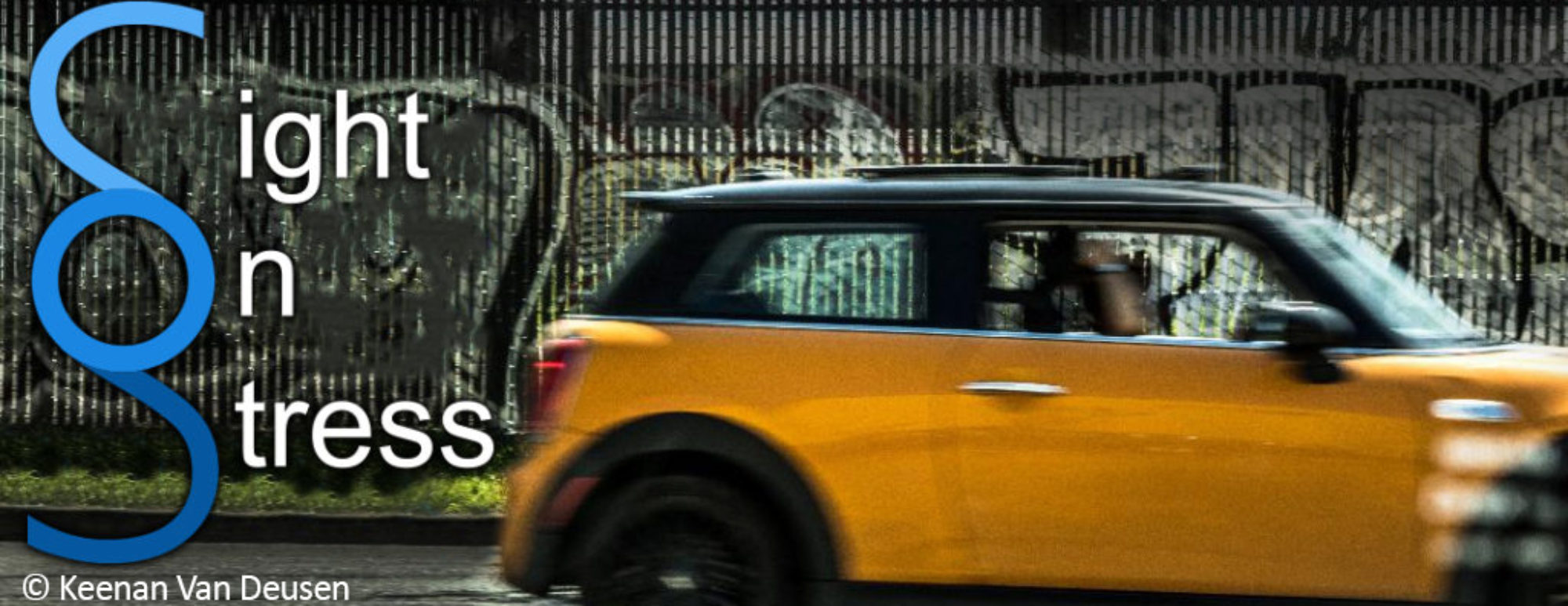
We are living in a world of information overload. Text messages, emails, notifications, instant messages, robocalls, TV news, radio news and internet news barrage us daily. Even drug ads that lure us into wanting the pill that can fix our physical and emotional pain wind up bombarding us with all the dangerous side effects, including death, that could occur if we take the medication.
Where is the Quiet?
Where is the quiet, the place of calm in the mind that allows us to connect with ourselves? The space that permits us to tune into our feelings and access our creativity? That seat is already taken. External information and demands stream into our psyches on an hourly basis, forcing us to continuously process visual, auditory and verbal stimuli, much of it negative and some of it downright jarring.
Information Overload: Chronic Stress
As a result, our nervous systems are on high alert and many of us are chronically stressed by how much information we process in a day’s time. We are threatened by the belief that if we don’t let it in, we’ll fall behind. More specifically, if we don’t read and answer emails, texts and instant messages and if we don’t keep up with the news, we fear we’ll lose our job, lose our friends, lose our house, lose touch with the world. Ironically, we find ourselves “running to stand still.” The U2 lyric reminds us of what addiction can feel like.
Information Overload: Addiction
Because many Americans have developed an obsessive-compulsive habit of phone checking to see if we’ve missed a tweet or a text, addressing our vulnerability to information overload is similar to treating drug addiction. We first have to disengage from the thing we’re held hostage by.
In this case, it is the tool or tools we use to “stay connected.” Examples are your smartphone, your laptop, your television, your car radio. While these devices are likely here to stay, preventing us from disengaging entirely, turning the devices off or changing the channel, at the very least, is a good start. (FYI when I say “changing the channel” I don’t mean from the news to an infomercial. I mean from the news to music as example.)
It may seem unsettling at first—turning off the phone, that is. You may feel anxious that you’re missing important connections. You may feel worried you’re losing touch. Hang in there. Some of the Silicon Valley creators of the devices and apps admit reluctance to allow their children access. As Nellie Bowles reported in the New York Times, tech mogul, Steve Jobs, didn’t let his young children anywhere near iPads.
Information Overload: Conclusion
Once you are freer of the things that engulf you in the first place, you now have space. At first, it may seem too quiet, too lonely, too empty. Just like an addict who has inadvertently abandoned himself by filling the void with alcohol or opioids, you’ll need support to stay in this space.
Perhaps you can get this from in-person get-togethers with friends or a walk in nature (see my post from 10/22/18). Allow yourself to receive natural comfort so you can begin to reconnect with your true self—you know—the one you were before you became so stressed.
Get curious about how you feel, what you desire and when you want to engage with the outside world vs. being intruded upon by it. The best outcome of all? Your nervous system will likely calm down, an experience you may not have had in a long time.
- Nature as a Stress-Reliever
- Can Positive Events Cause Stress?
- Plagued With Anxiety? A Simple Intervention
Dr. Van Deusen received her PhD in Clinical Psychology from the California School of Professional Psychology in Los Angeles in 1992. She has cultivated deep knowledge of attachment theory and stress and has worked with various populations over her two and a half decade career. Her practice is in Seattle, Washington. Buy her book Stressed in the U.S.: 12 Tools to Tackle Anxiety, Loneliness, Tech-Addiction and More here

